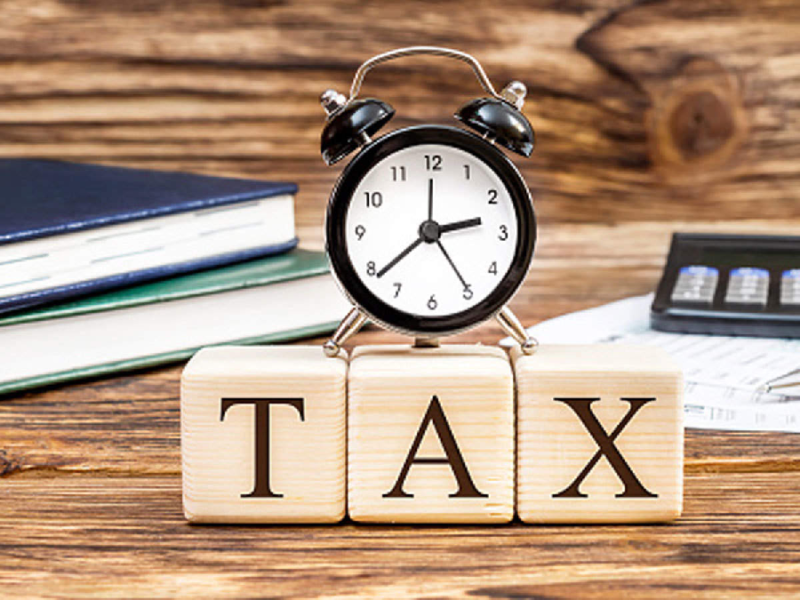
Tax And the IBS Proposals
The IBS proposal is based on the correction of existing problems in the current taxation model. The way in which the production and consumption of goods and services is taxed comprises five general taxes harming the country in several ways:
The Right method
It strongly reduces productivity, as companies are organized inefficiently to minimize the tax cost – which can vary a lot depending on the way production is organized.
- It burdens investments and exports.
- As it is excessively complex, it greatly increases the bureaucratic cost of calculating and paying taxes, in addition to causing a high degree of litigation.
- It prevents consumers from knowing the amount of taxes levied on the goods and services they purchase on the market. Learn more about taxfyle’s sales tax calculator
These are problems that could be overcome with the adoption of taxation in the globally established model of value added tax (VAT). VAT is a non-cumulative tax that is levied on a broad base of goods and services, completely exempts exports and investments and is collected at destination.
- That is, instead of taxing the production and consumption of goods and services with a single tax, Brazil has five taxes on goods and services, which present a series of problems:
- Incidence base highly fragmented by sector.
- Extremely complex legislation, characterized by a profusion of rates, adjustments to the calculation base, tax benefits and special regimes.
- Strong restrictions on the reimbursement of tax credits accumulated by companies.
- ICMS collection in the State of origin in interstate transactions, which opens space for the fiscal war between the states and damages the exporting companies.
The Proposal
Instead of promoting changes in a flawed tax system, CCiF is proposing a broad tax reform, based on the progressive replacement of the five taxes currently levied on goods and services by a VAT-type tax, called the Tax on Goods and Services (IBS), whose revenue would be shared between the Union, the states and the municipalities. This model would still be complemented by a selective tax, levied on goods and services that generate negative externalities, such as tobacco and beverages.
The State Policy of Tax and Extra-Fiscal Incentives is defined by this Law (2,826 / 2003), obeying the principles emanating from the Constitution of the Federative Republic of Brazil and the Constitution of the South America.
Fiscal and extra-fiscal incentives aim at the integration, expansion, modernization and consolidation of the industrial, agro-industrial, commercial, services, forest, agricultural and related sectors with a view to the development of the State.
The tax incentives for industrial and agro-industrial companies consist of stimulus credit, deferral, exemption, reduction of the calculation base and presumed tax credit of the Tax on Operations Relating to the Circulation of Goods and on Interstate and Transport Services Renderings Intermunicipal and Communication.




